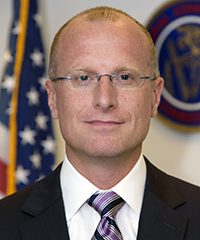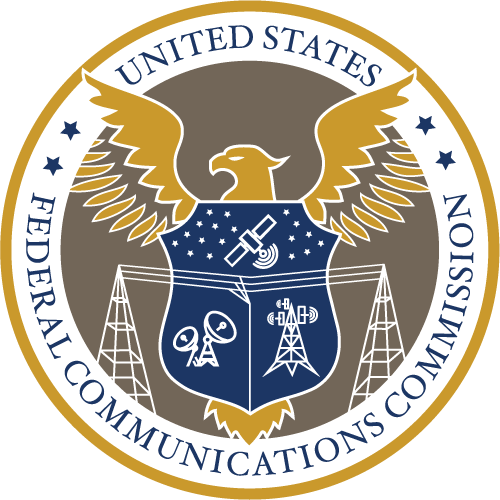Carr wrote a chapter in Project 2025 that outlined priorities for the FCC
Brendan Carr, the senior Republican on the Federal Communications Commission, is the incoming Trump administration’s pick to run the FCC.
Carr, 45, has focused on telecom workforce needs during his tenure at the FCC, as well as sharply criticizing social media companies for their moderation policies and promising to change the Section 230 rules that govern tech companies’ ability to control the content posted on their platforms while also not being held liable for users’ postings.

Carr was an author of a section of the controversial Project 2025 policy framework advanced by the conservative Heritage Foundation, which outlined potential areas of focus for FCC under a Trump administration. Among them, Carr highlighted a number of priorities, including “Reining in Big Tech”, not only in terms of content moderation but also “require that Big Tech begin to contribute a fair share” to the Universal Service Fund; Promoting national security by expanding the banned list of foreign vendors and eliminating loopholes that allows such vendors to still operate in the U.S., as well as banning TikTok, and fully funding the so-called “rip and replace” program to replace gear and software from banned Chinese vendors and preventing Chinese access to U.S.-developed artificial intelligence technology and computing resources; and “unleash[ing] economic prosperity” by streamlining infrastructure rules and freeing up more wireless spectrum.
Carr is a high-profile ally of Elon Musk and his Starlink LEO service, which could be a boon for Starlink in terms of winning FCC funds for rural broadband. In 2022, the FCC denied Starlink nearly $900 million dollars in funding for rural internet service that it bid for as part of the Rural Digital Opportunity Fund (RDOF) auction. At the time that Starlink won the work, it had not launched a commercial service, and FCC Chairwoman Jessica Rosenworcel considered called a “developing technology” which also required an expensive dish to access.
Carr posted on X, formerly Twitter, in recent days that: “We must dismantle the censorship cartel and restore free speech rights for everyday Americans.” He specifically called out “Facebook, Google, Apple, Microsoft & others” as playing “central roles in the censorship cartel,” adding that “‘fact checking’ groups & ad agencies helped enforce one-sided narratives.”
After it became clear that Trump was the presumptive winner of the presidential election, Carr released a statement congratulating the president-elect and saying that he thought the FCC should immediately stop working on “any partisan or controversial matter and focus on the transition.”
He added an echo to his positions outlined in Project 2025: “When the transition is complete, the FCC will have an important role to play reining in Big Tech, ensuring that broadcasters operate in the public interest, and unleashing economic growth while advancing our national security interests and supporting law enforcement. The FCC can and must deliver results for the American people.”
CTIA President and CEO Meredith Attwell Baker released a statement congratulating Carr and said: “For years, he has been a vital, leading voice on wireless policy, championing the infrastructure reforms and spectrum action needed to spur investment, grow our economy, create jobs, and drive innovation across industries. We look forward to continuing to work closely together to secure America’s 5G leadership and economic competitiveness.”
Patrick Halley, president and CEO, WIA, called Carr “a steadfast champion for the deployment of wireless networks, consistently leading reforms to streamline the wireless infrastructure siting process and calling for an accelerated path to a spectrum pipeline. He recognizes that the key to America’s economic success, the safety of our communities, and the welfare of all Americans depends on the infrastructure that powers the best wireless networks in the world.”

